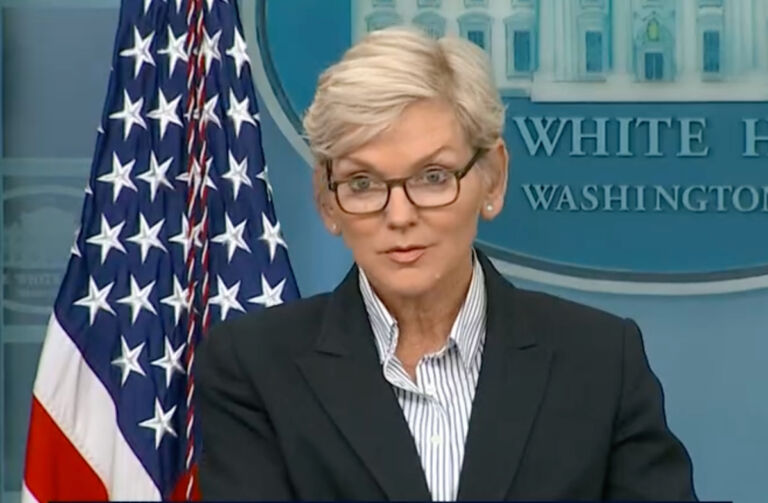Why don’t we have more nuclear power plants? In seeking an answer, Duke University economics professor Michael Munger builds on Clemson University economist Bruce Yandle’s insight on the regulatory alliance between bootleggers and Baptists.
As Munger explains:
At first blush, of course, such political alliances seem bizarre. In the case of Prohibition, the survival of a dumb policy required “strange bedfellows,” cooperation between groups that would never socialize or work together. Baptists, after all, sought morality, upright living, and service to the church, community, and nation. Bootleggers were tough, large-scale criminals, ready to kill or bribe officials if it increased their profits.
Yandle’s point is a deep one. Demonstrating the economic costs or inefficiency of a policy may not be enough to change policies, even if the existing policy is bad. The reason is that existing regulations have created a set of economic interests that benefit from the status quo, and the regulations are supported by a set of (apparently distinct) moral arguments that may have nothing to do with economic consequences.
To help ward off such an unintended negative consequence of regulation is precisely why I promote using stated objectives and outcome measures by which to judge regulations when they come under periodic review:
[E]ach rule creates its own winners and losers, and the winners of any regulation would be able to point to positive effects among themselves, regardless of whether the rule actually addresses its original purposes. It is therefore also important to be able to test a rule according to its foundational purposes, not any unintended, extraneous, isolated positive effects it has.
With respect to nuclear power generation, Munger describes the bootlegger and Baptist coalition against nuclear between traditional energy sources and environmentalists, the latter which included Hollywood productions like The China Syndrome that terrified people about nuclear power.
He writes that
one wonders whether the “bootleggers,” pursuing economic self-interest, could have been successful if they had not been allied with zealots such as [Jane] Fonda and well-funded environmental groups using what amounts to terror tactics to extort contributions from citizens who lacked real information.
I wrote not long ago about environmentalists arguing among themselves about nuclear power, asking:
Is nuclear energy the world’s most cinematically frightening energy source, or is it the clean energy lover’s dream: zero emissions, super efficient, and dispatchable to boot?
In the meantime, I’ve seen a different bootlegger and Baptist coalition building against American natural gas and oil, with the Baptists being renewable energy sources and the bootleggers being Vladimir Putin and the environmental groups he’s funding to oppose hydraulic fracturing (“fracking”).


